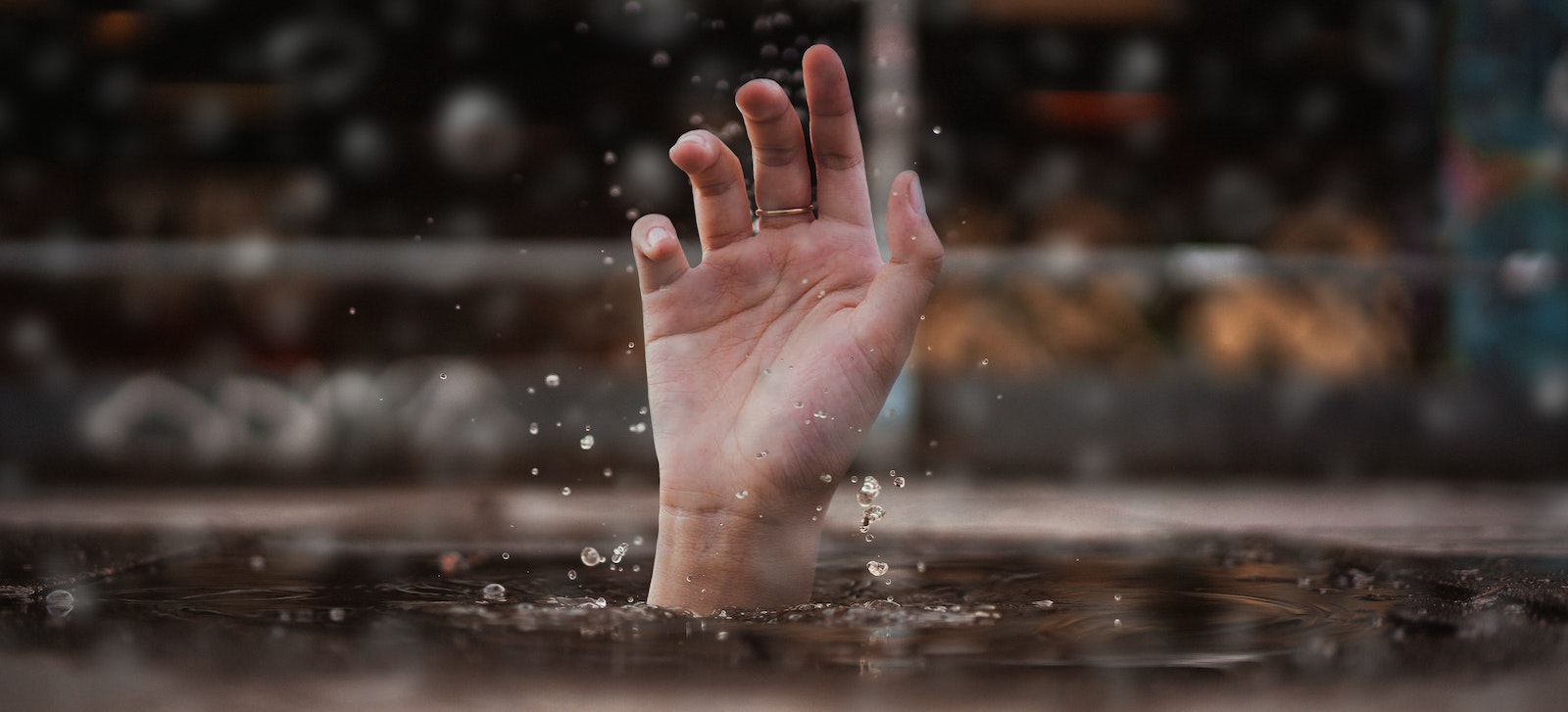Can You Sue a Lifeguard? Understanding Lifeguard Negligence and Liability

You’re enjoying a sunny day at the pool or beach, soaking up the joy of the water. Suddenly, an accident occurs, and tragedy strikes. After a devastating accident like this, questions arise, such as “Can you sue a lifeguard?” or “Who should be held liable for the incident?”
At Purely Legal, we understand the pain and confusion that can follow such accidents. Our dedicated team of personal injury attorneys is here to help you navigate the complex legal landscape and seek the justice and compensation you deserve.
In this blog post, we’ll explore lifeguard liability, duty of care, and factors that can affect your case. Remember, if you need legal guidance, don’t hesitate to contact an Orlando drowning accident lawyer from Purely Legal.
Together, we can make a difference.
The Role and Responsibilities of Lifeguards
Lifeguards play a crucial role in maintaining safety and preventing accidents in aquatic environments, including swimming pools and beaches. Their primary responsibility is to provide vigilant supervision and ensure the well-being of swimmers. With their training and certification, lifeguards are equipped to respond swiftly in emergencies and administer life-saving measures like CPR.
Central to the lifeguard’s role is the concept of duty of care. This means that lifeguards are legally obligated to exercise reasonable care and take necessary actions to prevent harm to swimmers under their watch. This duty encompasses monitoring the swimming area, identifying potential hazards, and responding promptly to emergencies.
Lifeguards are trained to be diligent and proactive, constantly scanning the premises, assessing risks, and enforcing safety rules. By doing so, they strive to create a secure environment for all individuals enjoying aquatic activities.
Types of Lifeguard Negligence
While lifeguards are entrusted with the responsibility of ensuring the safety of swimmers, there are instances where their negligence can lead to unfortunate consequences. Understanding the different types of lifeguard negligence is essential when examining liability in water-related accidents.
Here are some examples to consider:
- Inattentiveness: Lifeguards must maintain constant vigilance, but distractions or lack of focus can result in missing critical seconds, compromising swimmers’ safety.
- Failure to Respond: Prompt action is crucial in emergency situations. If a lifeguard fails to recognize an emergency or delays in providing necessary assistance, it can have severe consequences.
- Inadequate Training: Insufficient or improper lifeguard training can leave them ill-prepared to handle emergencies, potentially leading to errors in judgment or response.
- Lack of Supervision: Negligent supervision occurs when lifeguards fail to adequately monitor the swimming area, allowing hazardous conditions or dangerous behavior to go unnoticed.
It is important to note that each case is unique, and liability will depend on the specific circumstances and evidence presented.
Can You Sue a Lifeguard?
While lifeguards are generally expected to uphold a duty of care and ensure the safety of swimmers, liability can be complex.
To determine if you can sue a lifeguard, consider the following:
- Negligence: If the lifeguard’s actions or inactions breached their duty of care, leading to your injury or harm, you may have grounds for a lawsuit. Proving negligence requires demonstrating that the lifeguard failed to meet the expected standard of care.
- Causation: Establishing a direct link between the lifeguard’s negligence and the injuries suffered is essential. This connection demonstrates that the lifeguard’s actions, or lack thereof, directly contributed to the incident.
- Damages: To pursue a legal claim, you must have suffered damages, such as physical injuries, medical expenses, pain and suffering, or loss of income. These damages serve as the basis for seeking compensation.
- Legal Standards: The specific legal standards and regulations governing lifeguards in your jurisdiction will also influence your ability to sue. These standards outline lifeguards’ required training, certifications, and responsibilities.
It’s important to work with a drowning accident lawyer in Orlando. They can evaluate the details of your situation, assess the viability of a lawsuit, and guide you through filing a claim.
How Can an Orlando Drowning Accident Lawyer Help Me?
If you or a loved one has been affected by a drowning accident in Orlando, an experienced drowning accident lawyer can help you with your case.
Their deep understanding of personal injury law allows them to navigate the legal process, gather evidence, and build a strong case on your behalf. These lawyers can help determine liability by conducting thorough investigations and identifying responsible parties such as lifeguards or pool owners. They also work tirelessly to maximize your compensation by assessing the extent of your injuries and pursuing fair settlements through negotiation or litigation.
At Purely Legal, our dedicated team of personal injury attorneys is here to fight for your rights and seek the compensation you deserve. Contact us now for a free case review and take the first step toward justice and healing.
